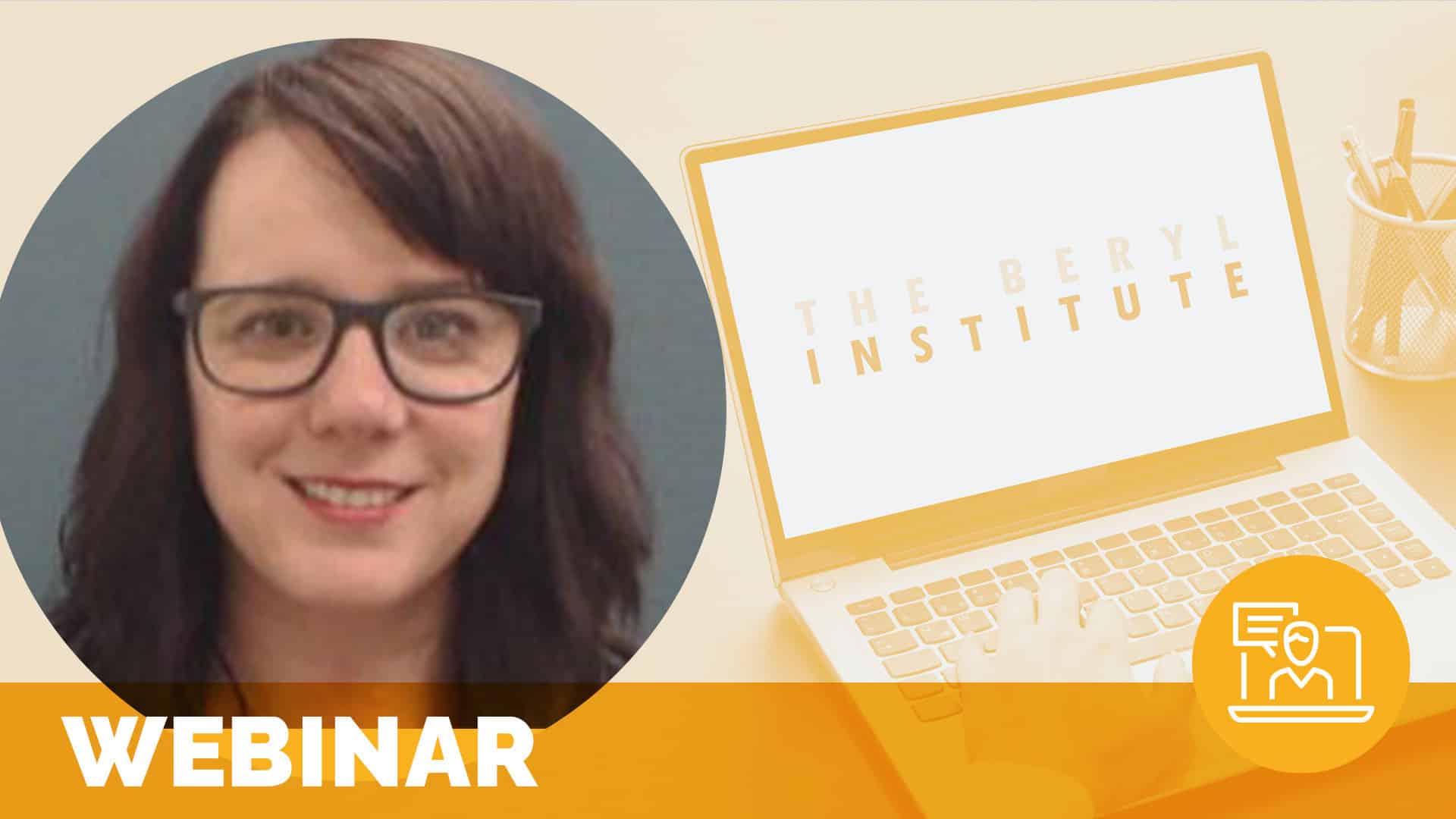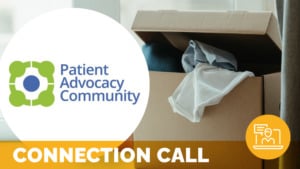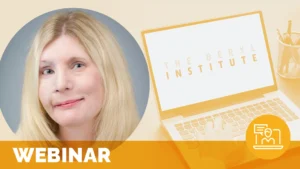Patient Emotional Safety in Pediatric Healthcare

Jenaya Gordon, MA, CCLS, NCC | Manager, Child Life Department, Children’s Hospital Colorado
As healthcare professionals, we know that it is our professional and ethical duty to keep our patients physically safe while we care for them. What is equally imperative, but hardly addressed, is keeping our patients emotionally safe as well. Children are especially vulnerable to fear and pain when receiving medical care, which can have negative health-related quality-of-life outcomes. Creating an emotionally safe environment for pediatric patients means incorporating developmental and emotional needs into their treatment plan. In this presentation, we will explore interventions and initiatives that ensure the emotional safety of pediatric patients.
Non-members can purchase webinars at a cost of $49 each.
Related content
-
 Environment & Hospitality
Environment & HospitalityManaging Patient Belongings: A Shared Responsibility
By Cathy Mixon Patient Relations Liaison M Health Fairview On behalf of the Lost Belongings Workgroup of the Patient Advocacy Community This PX blog is the second in a series that builds on the content from “Where Are My Things? Best Practices for Safeguarding Patient Belongings in Hospitals,” a handbook for those managing patient belongings
Learn more -
 Environment & Hospitality
Environment & HospitalityLost Belongings Workgroup: February 14, 2024
1pm ET / 12pm CT / 11am MT / 10am PT – The Lost Belongings Workgroup is a meeting space for those interested in conversations and solution generation with patient advocates working to improve lost belongings policies and practices. The Patient Advocate Community has recognized a need for better processes and policies to shepherd personal
Learn more -
 Environment & Hospitality | Quality & Clinical Excellence
Environment & Hospitality | Quality & Clinical ExcellenceThe Impact of Adverse Childhood Experiences in Pediatric and Adult Healthcare
Being a pediatric patient in healthcare can be filled with misconceptions, anxiety, and distress. The adverse childhood experiences that may occur not only impact the pediatric healthcare experience but coping with healthcare experiences well into adulthood. This webinar will discuss adverse childhood experience implications on pediatric and adult coping, long term care, and overall patient
Learn more
